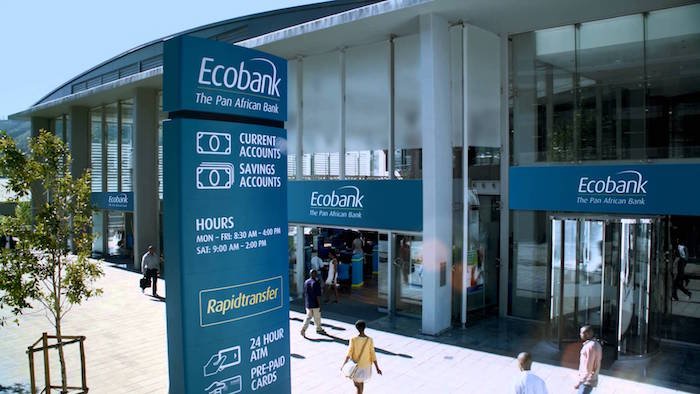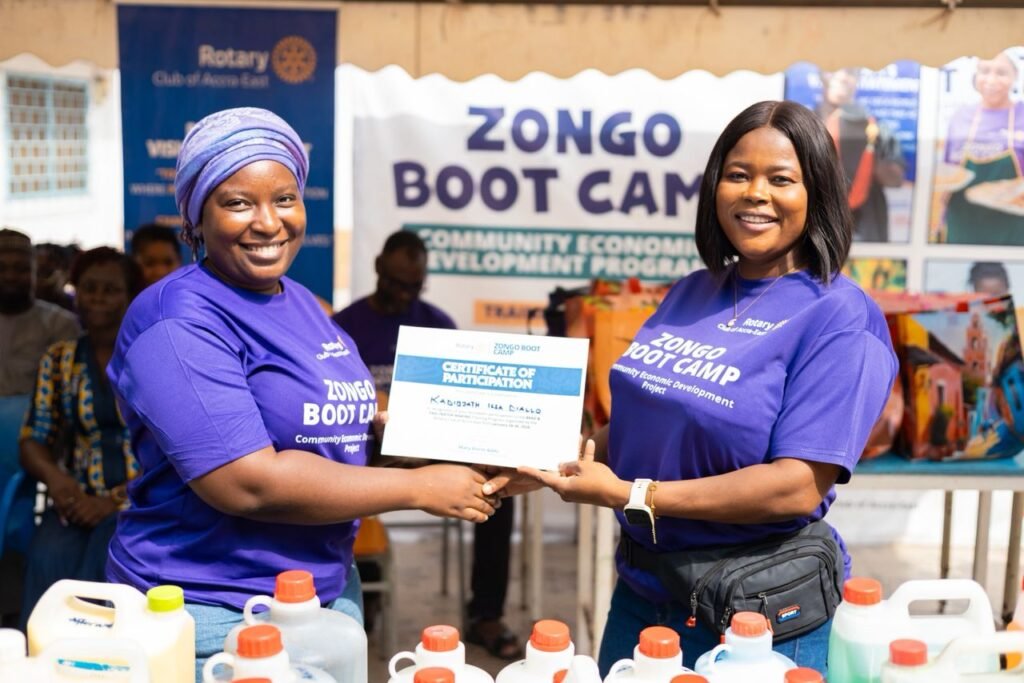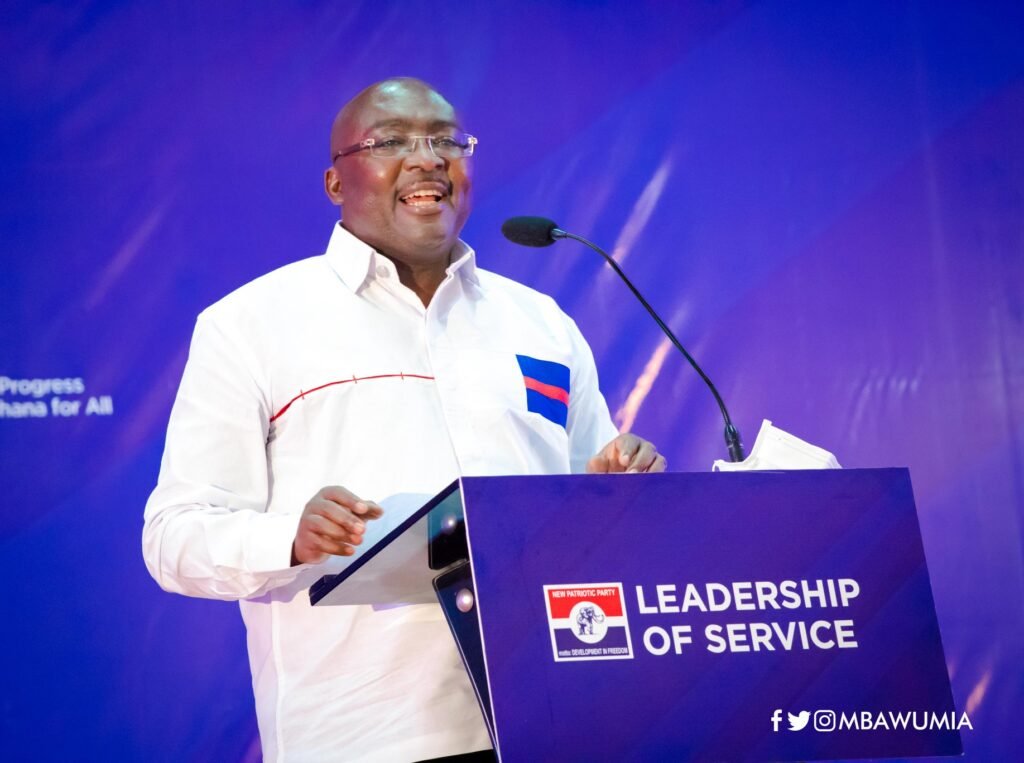Director of Strategy, Research, and Communication at the Office of the Special Prosecutor (OSP), Sammy Darko, has responded to claims that the OSP is not sending necessary data to the Attorney-General’s office for the extradition of the former Finance Minister.
According to him, the OSP has almost concluded would and would send the necessary information to the AG to continue extradition process of Ken Ofori-Atta.
In a Facebook post on October 20, Sammy Darko responded to recent comments by Deputy Attorney-General Justice Srem-Sai, who said the OSP had not provided a case docket required to initiate extradition proceedings.
The Deputy Attorney-General said that his office had been waiting for the OSP to submit an investigative docket that would enable Ghana to formally request Ken Ofori-Atta’s extradition from the United States.
Mr. Darko however clarified that there is issue is only a matter of timing.
“There is no bad blood between the Office of the Special Prosecutor (OSP) and the Attorney-General (AG), nor is there any contention over the case docket. The issue at hand is primarily one of timing,” he wrote.
He assured the OSP is finalising investigations into several cases involving Mr. Ofori-Atta and will soon submit the necessary information to the AG.
“The OSP is nearing completion of its work on some of the cases involving Mr. Kenneth Ofori-Atta and will, in due course, submit the necessary information required to complete the extradition process to the AG,” he explained.
Mr. Darko added that the OSP has been focused on finalizing investigations, as it also intends to file charges in several related cases involving Ken Ofori Atta and other individuals.
He said he understood there might be public pressure however stressed that investigations take time.
“Just as the AG has often reminded the public—especially supporters of the NDC—that investigations and prosecutions take time, the same understanding should be extended to the OSP,” he wrote.
He added that the OSP operates independently with its own investigative and prosecutorial powers within a limited jurisdiction of corruption-related offences.
According to Mr. Darko, the OSP is expected to send the completed documents to the Attorney-General’s office within the week.
“I am aware that the Special Prosecutor is expected to complete and transmit the necessary information to the AG this week to facilitate the extradition process.”
He then expressed concern over what he described as partial leakage of information from official correspondence between the two institutions.
“Certainly, the leak could not have originated from the OSP. The Office would never compromise the safety of its officers or jeopardise a case it has pursued diligently since February,” he said.
He went on to outline a detailed timeline of official communications between the OSP and the Attorney-General’s office.
“On 2 June, the OSP wrote to the political authority seeking the government’s position on the extradition matter. On 3 June, the Chief of Staff wrote to the Attorney-General, directing cooperation with the OSP’s request to initiate the extradition of Mr. Kenneth Ofori-Atta,”
“On 13 June, the AG wrote to the OSP, requesting the names of OSP officers who would handle the extradition process, as well as a case docket. On 20 June, the OSP responded with the names of its designated officers and explained that it was in the process of finalising the cases.”
He added that the only letter not leaked was from the AG in September requesting an update and a preliminary report in the absence of a completed docket.
“That is the letter which was not LEAKED. I don’t know why,” he wrote.
“Therefore, it is between September and October that there has been a brief gap — one the OSP is currently working to fill by completing and transmitting the final investigative report to the Attorney-General,”
He concluded, “That is not a delay or unwillingness. It’s finishing the work.”




